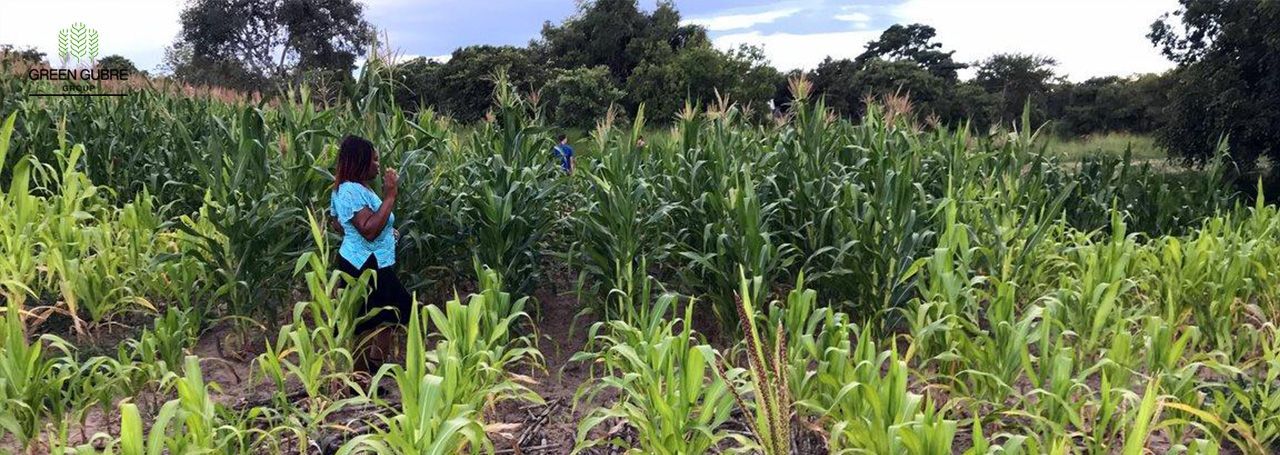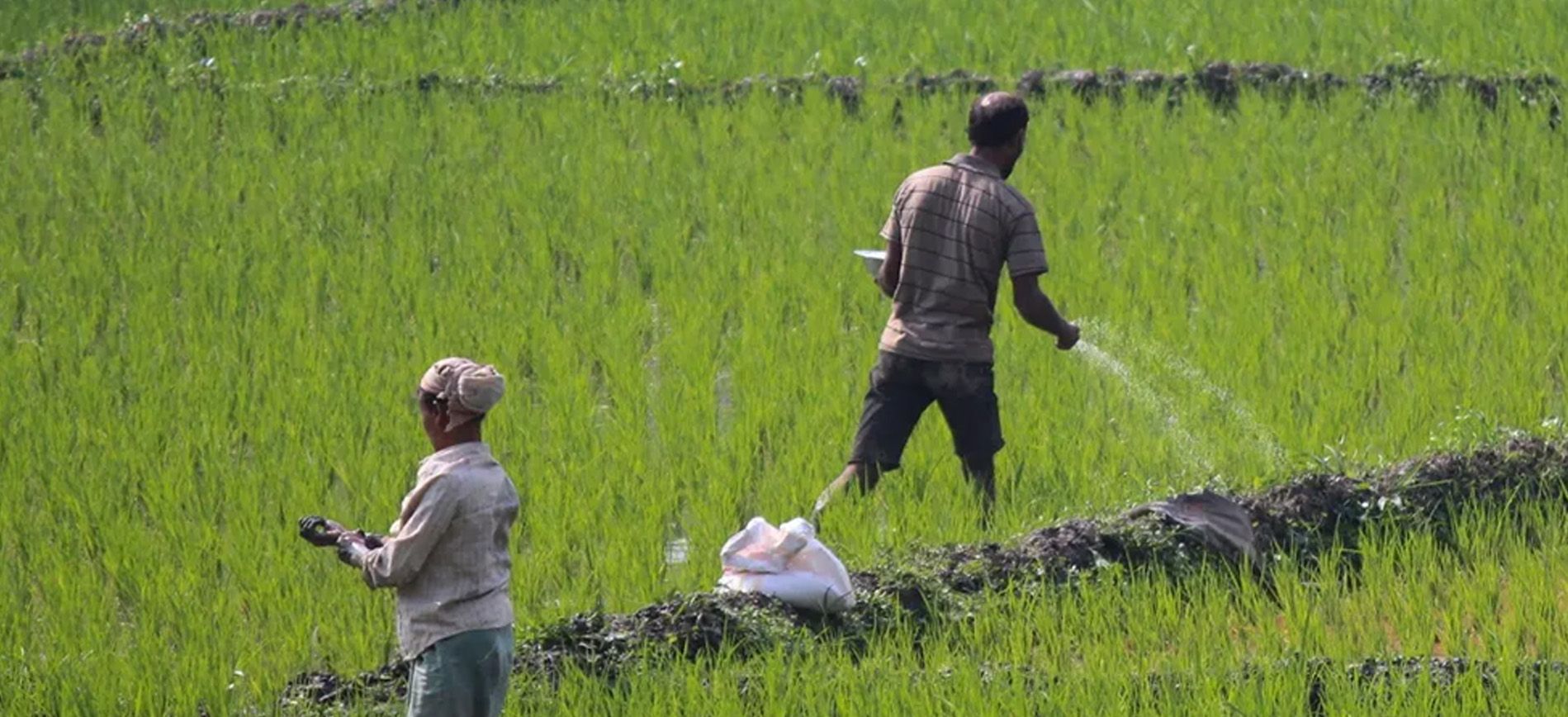The Growing Demand for Fertilizers in Sub-Saharan Africa
The Growing Demand for Fertilizers in Sub-Saharan Africa

As Sub-Saharan Africa's population continues to grow rapidly, so does the need for increased agricultural productivity to meet food demands. Fertilizers, particularly nitrogen, phosphorus, and potassium (NPK) fertilizers, and Urea 46%, are critical for enhancing soil fertility and increasing crop yields. This blog examines the factors driving fertilizer demand in Sub-Saharan Africa and how fertilizers are key to boosting food security in the region.
1. Population Growth and Food Security
Sub-Saharan Africa is experiencing some of the highest population growth rates in the world. As the population expands, there is an urgent need to increase food production to ensure food security. According to estimates, agricultural productivity in Africa must increase by at least 60% by 2050 to feed its population. Fertilizers are crucial in supporting this growth, helping farmers maximize their yields and improve the nutritional value of their crops.
2. Challenges in Soil Fertility
A major challenge facing farmers in Sub-Saharan Africa is soil degradation. Over time, intensive farming practices, poor land management, and the removal of organic material have depleted soils of essential nutrients. Many soils in the region are deficient in nitrogen, phosphorus, and potassium, which are critical for plant growth. Without replenishing these nutrients, crop yields remain low. This is where fertilizers like NPK and Urea 46% come into play, as they provide the necessary nutrients to restore soil fertility.
3. How Fertilizers Address Soil Degradation
Fertilizers are a practical and effective solution for replenishing nutrient-deficient soils. By applying balanced fertilizers like NPK, which contain a mix of nitrogen, phosphorus, and potassium, farmers can address multiple nutrient deficiencies at once. Urea 46% is particularly important for nitrogen-deficient soils, providing a high concentration of nitrogen that supports rapid plant growth. Regular application of fertilizers can increase soil fertility, boost crop yields, and improve the livelihoods of smallholder farmers.
4. Government Initiatives and Fertilizer Subsidies
Recognizing the importance of fertilizers in improving agricultural productivity, several Sub-Saharan African governments have implemented fertilizer subsidy programs. These programs make fertilizers more affordable for smallholder farmers, enabling them to increase their productivity and incomes. International organizations and private sector players are also investing in supply chains to ensure that fertilizers are available and accessible in rural areas.
5. Future Trends in Fertilizer Demand
The demand for fertilizers in Sub-Saharan Africa is expected to rise significantly in the coming years. As the region continues to prioritize food security, improve agricultural practices, and invest in infrastructure, fertilizers will play an increasingly central role in transforming the agriculture sector.
Conclusion
Fertilizers like NPK and Urea 46% are essential for addressing soil fertility challenges in Sub-Saharan Africa. As the region grapples with population growth and food insecurity, increased access to fertilizers can help farmers improve their crop yields and soil health. With continued government support and investment in agricultural development, the future of farming in Sub-Saharan Africa looks promising.




